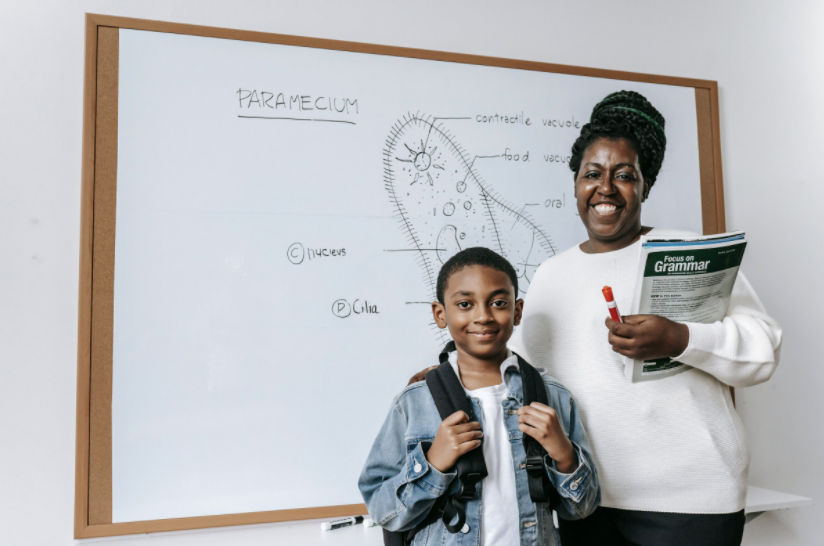By 2027, economists predict that 70% of all jobs will require some education beyond high school. As more jobs are requiring some level of higher education, college and career readiness programs have become increasingly important among K-12 students.
Effective college and career planning starts in kindergarten and should continue throughout middle and high school. Elementary students are not too young to be exposed to the idea of postsecondary education. In fact, this exposure can help children start seeing college as an achievable goal.
Many schools promote college awareness by having college spirit days or going on field trips to local campuses. This encourages children to envision becoming a college student and set goals to achieve that. Schools also implement career related activities and assignments to get kids thinking about their interests and potential career paths.
The Texas Education Agency (TEA) recognizes the importance of preparing students for success after high school. They have developed College and Career Readiness Standards (CCRS) for curriculum in English/language arts, mathematics, science, and social studies.
The goal of the CCRS is to represent a full range of knowledge and skills that students need to succeed in entry-level community college and university courses. It is also designed to introduce students to a wide range of majors and careers.
The CCRS focuses not only on subject matter, but also on how the material is organized and presented in the classroom. This is to help students understand the structure of the discipline at the postsecondary level.
The TEA has made an important step in preparing students to pursue a higher education, but school policy is not the only thing that can support college and career readiness. Parents and teachers also have the opportunity to foster students’ enthusiasm about their futures and help set the foundation for their academic success.
What Parents Can Do:
- Help your child become a reader by reading to or with them everyday. If your child is able to read independently, encourage them to incorporate reading time into their daily routine.
- Monitor your child’s progress in school. Stay in close contact with their teacher to be aware of what area you can help them improve in.
- Help your child get to school on time everyday. Poor attendance can negatively affect their learning and performance.
- Encourage your child to explore their natural curiosities. You could visit museums, zoos, art exhibits, or planetariums to support their curiosity and learning outside of the classroom.
- Talk to your child about possible career paths and the education or training necessary for different jobs. Elementary school is a great time for kids to start exploring what they want to do when they grow up.
What Teachers Can Do:
- Teach students conversational skills. Helping students develop strong social skills is an important part of preparing them for professional success.
- Teach students conversational skills. Helping students develop strong social skills is an important part of preparing them for professional success.
- Teach students conversational skills. Helping students develop strong social skills is an important part of preparing them for professional success.
- Teach students conversational skills. Helping students develop strong social skills is an important part of preparing them for professional success.
Familiarizing students with college and career options at a young age is a key component in improving the health and wellness outcomes for future generations. In a society where educational attainment is one of the strongest predictors of well-being, college and career readiness can better prepare students to lead healthy and fulfilling lives.
As parents, teachers, and the TEA work together to prepare children for success after high school, students across Texas can begin to achieve their full potential.
To learn more about college and career readiness for elementary students, please contact Austin Kids Can! today! https://austinkidscan.org/

